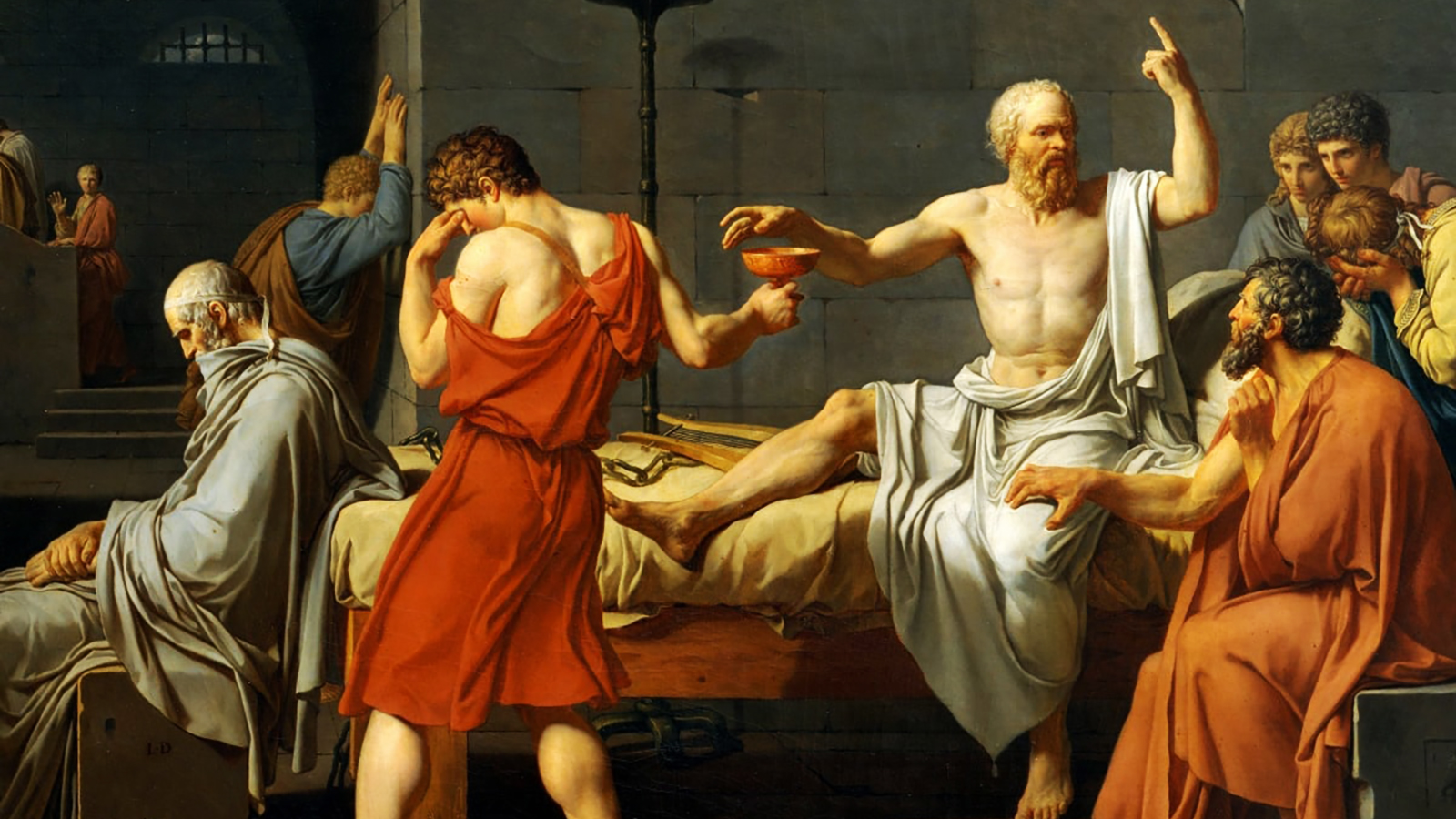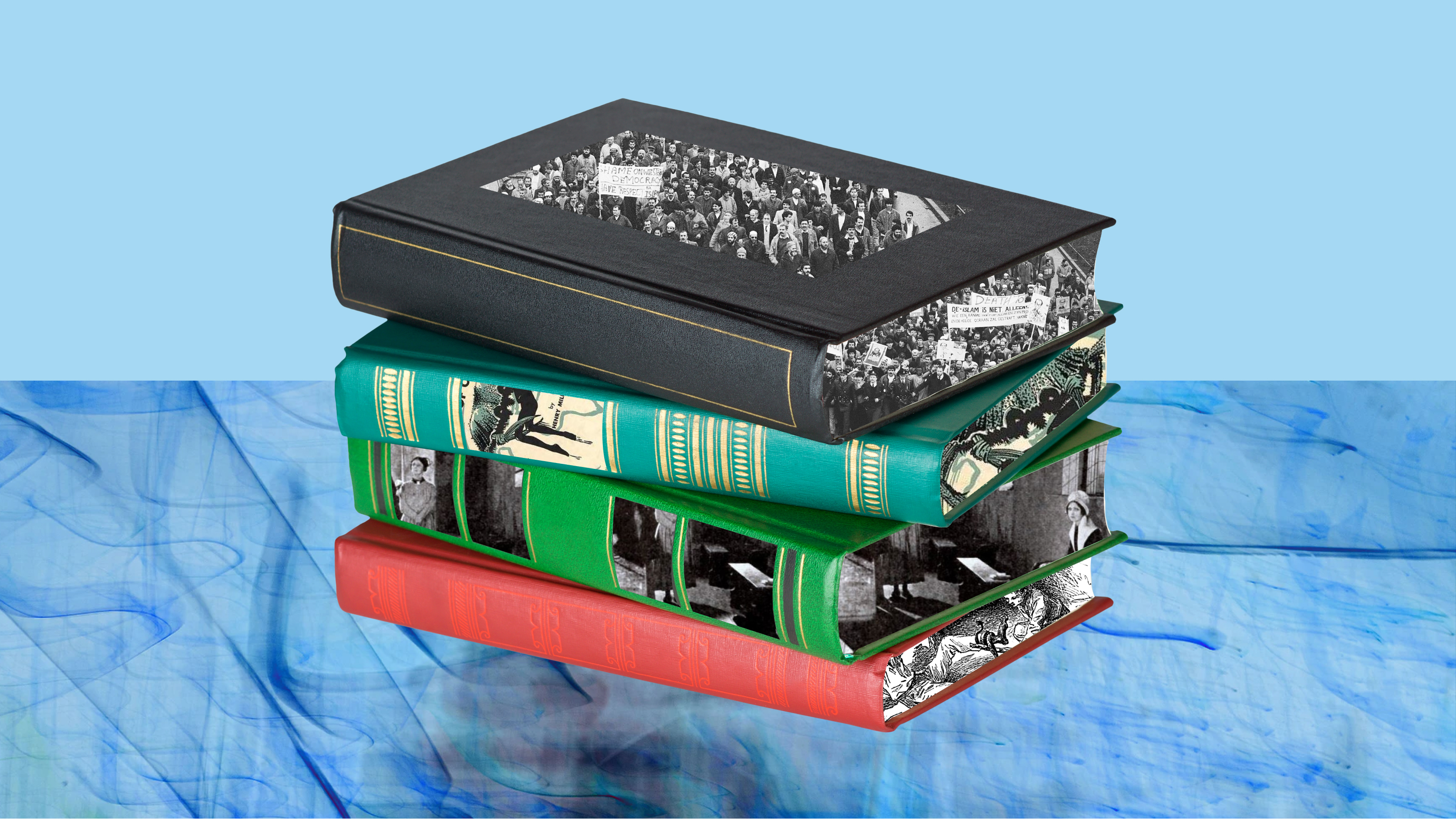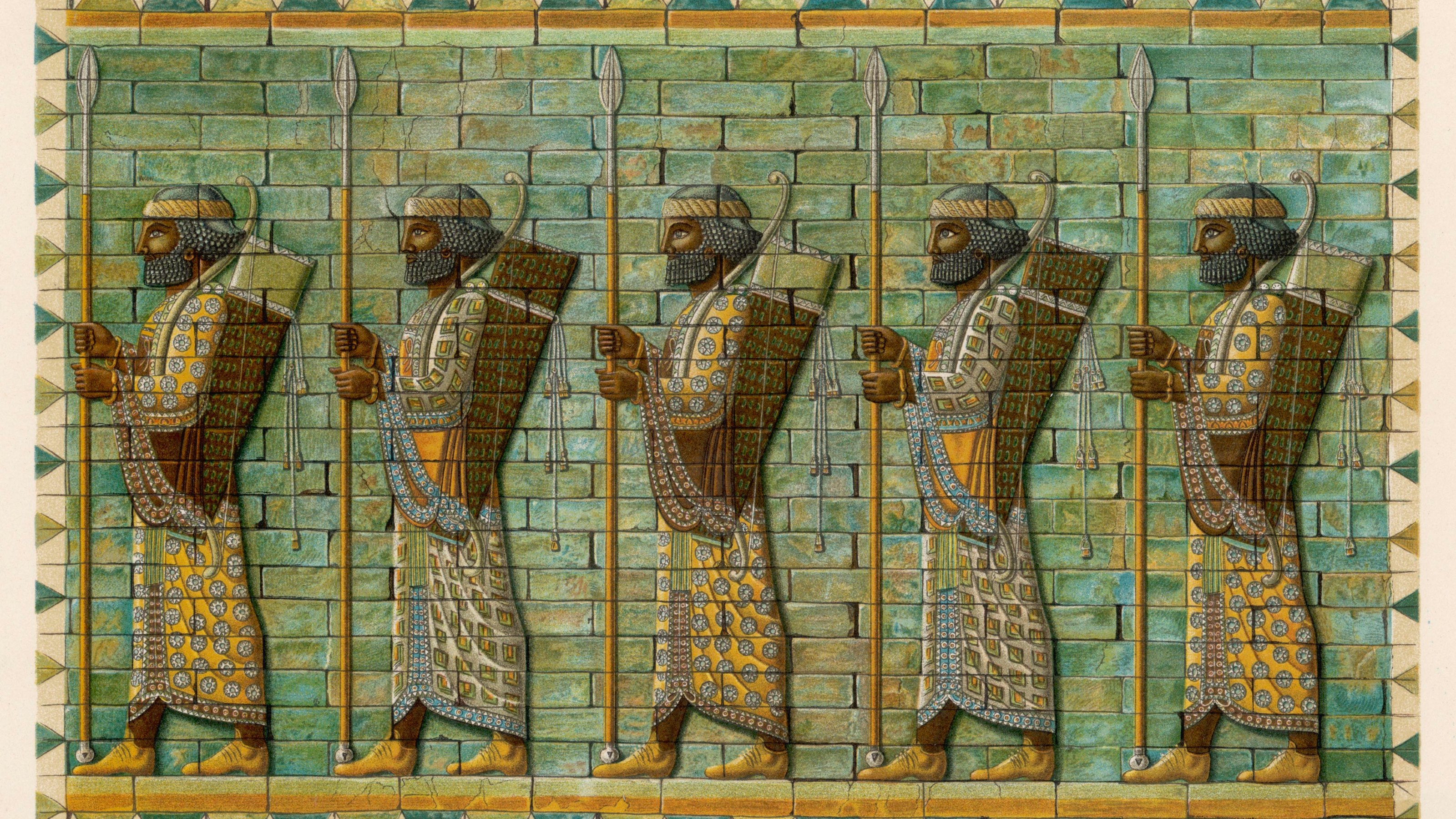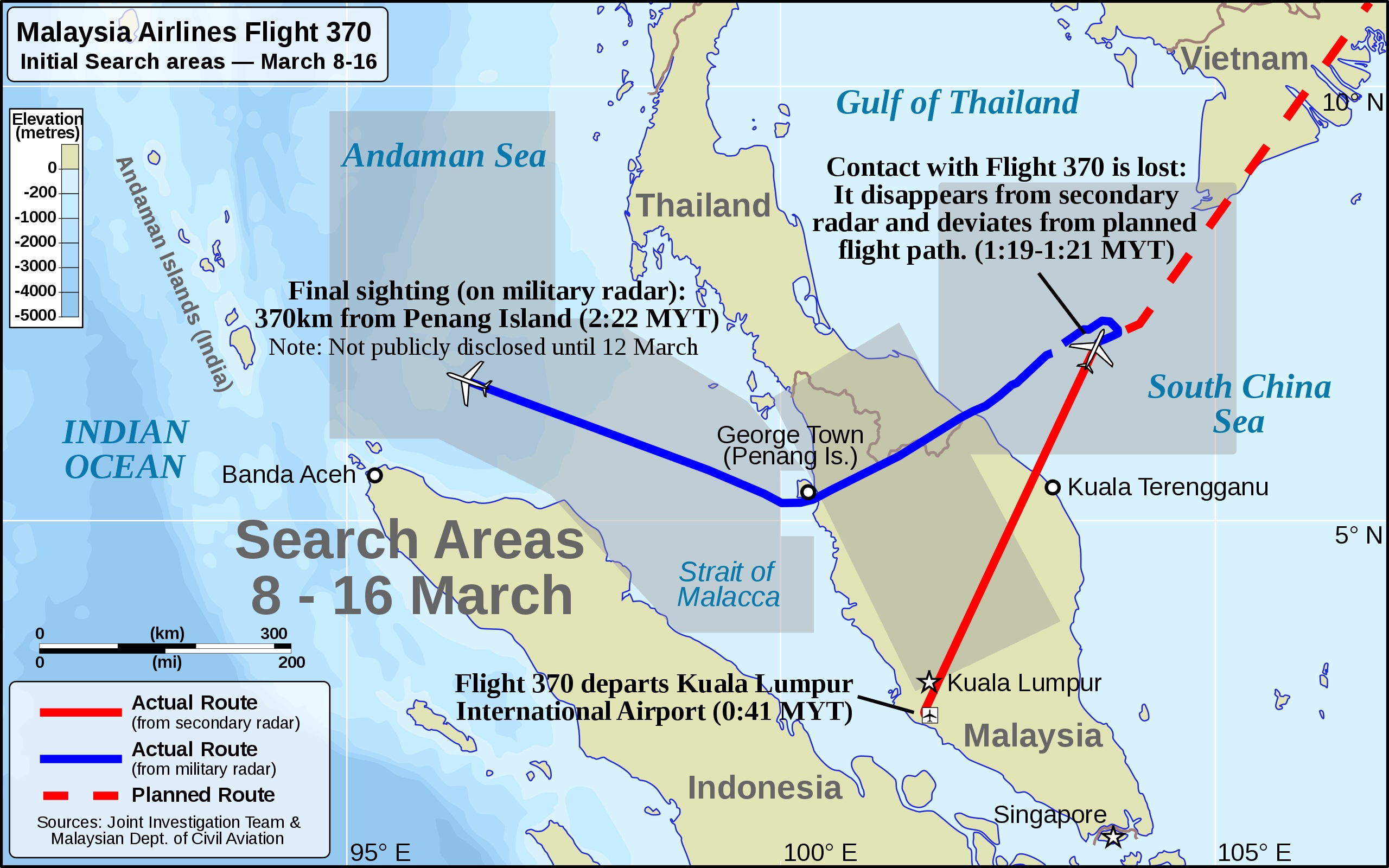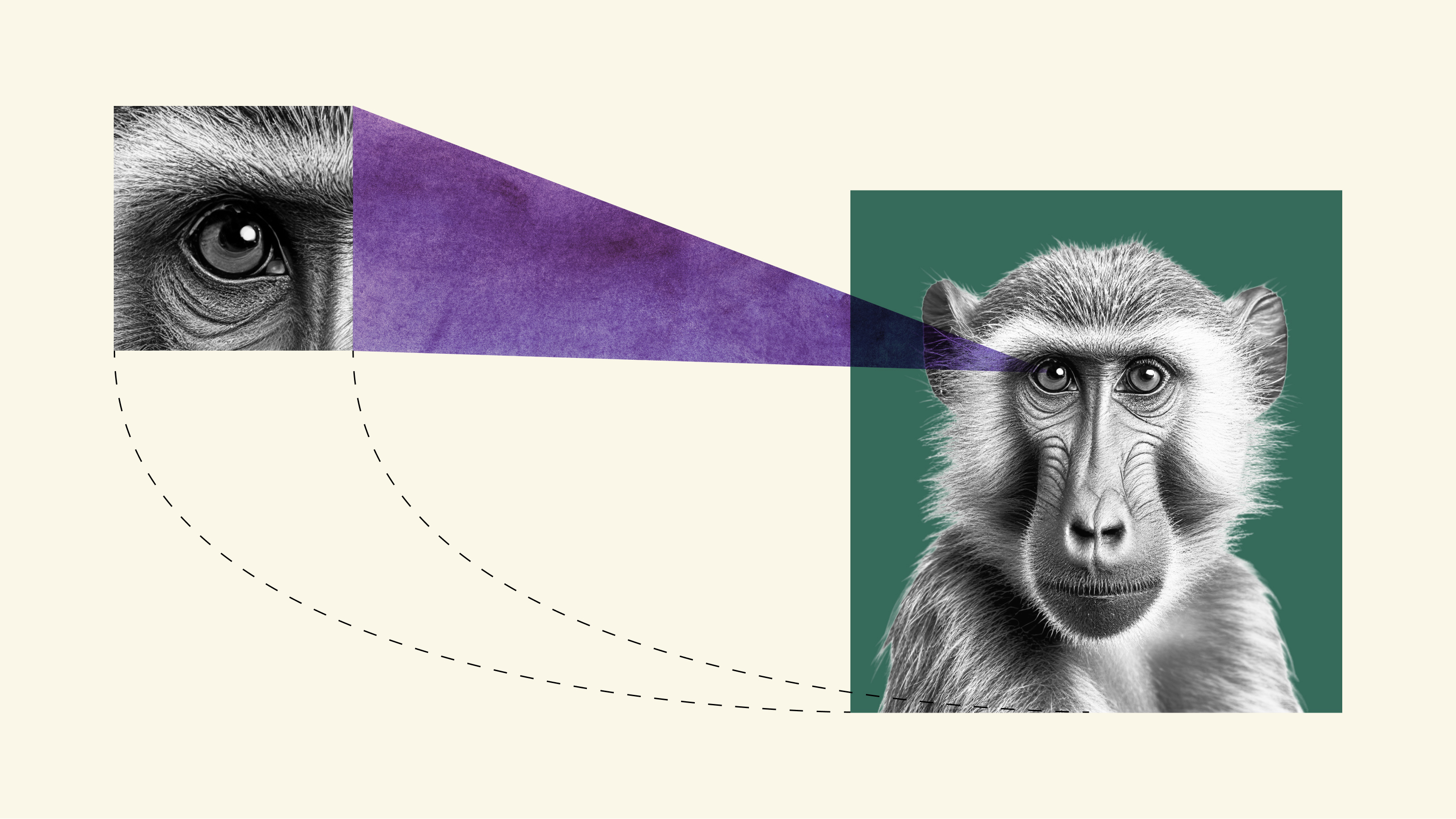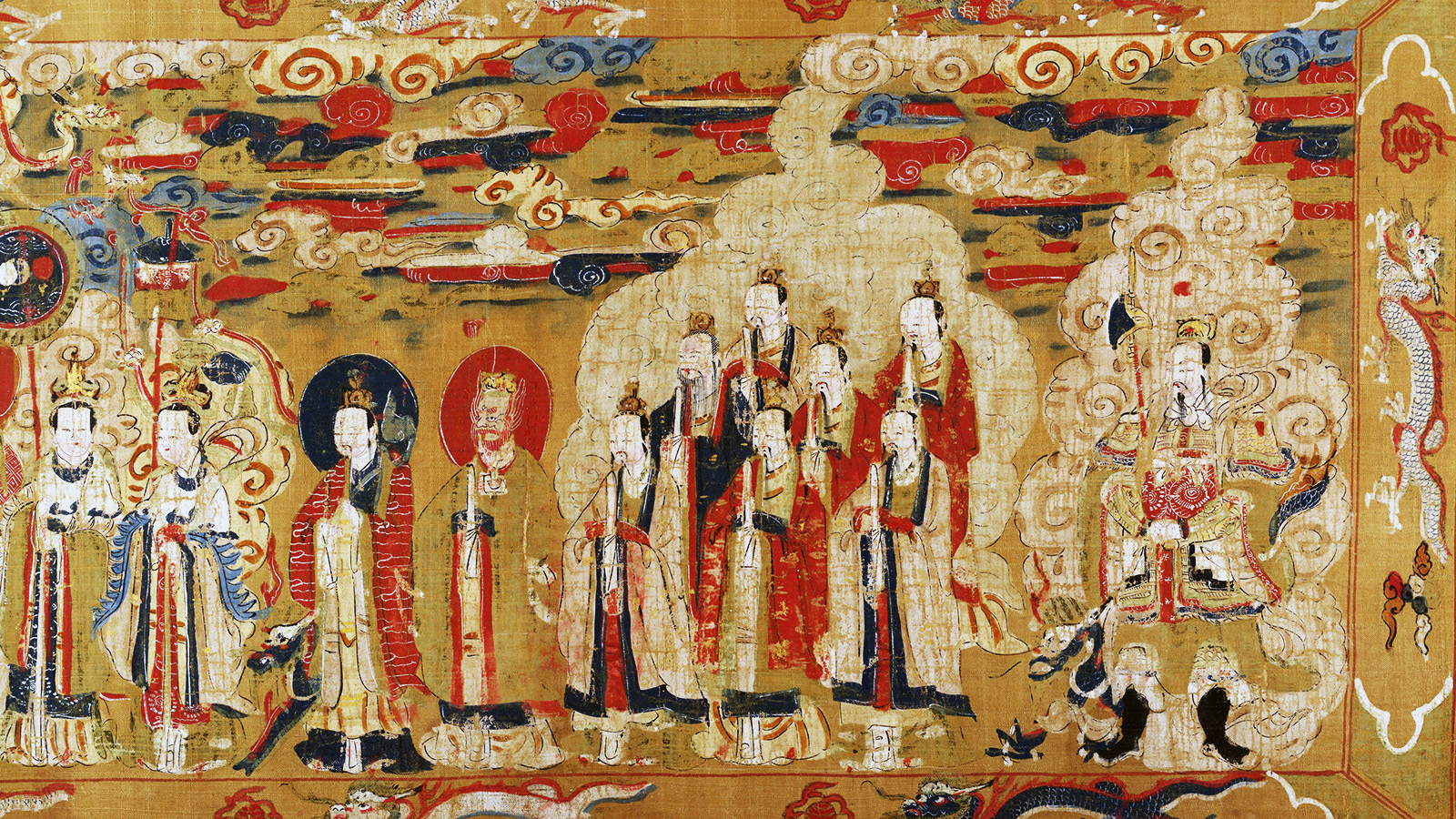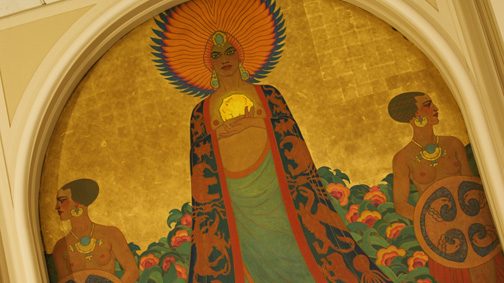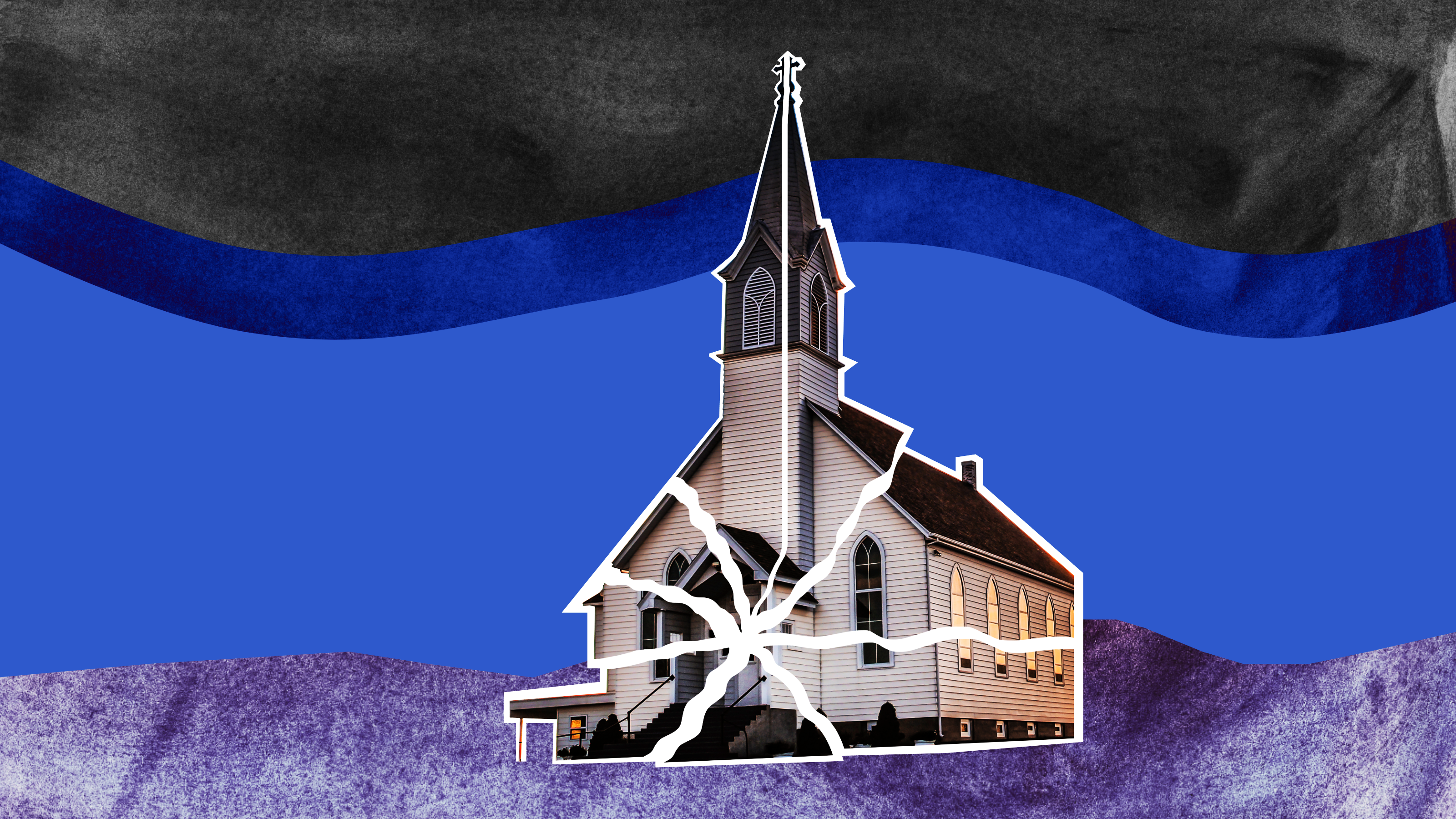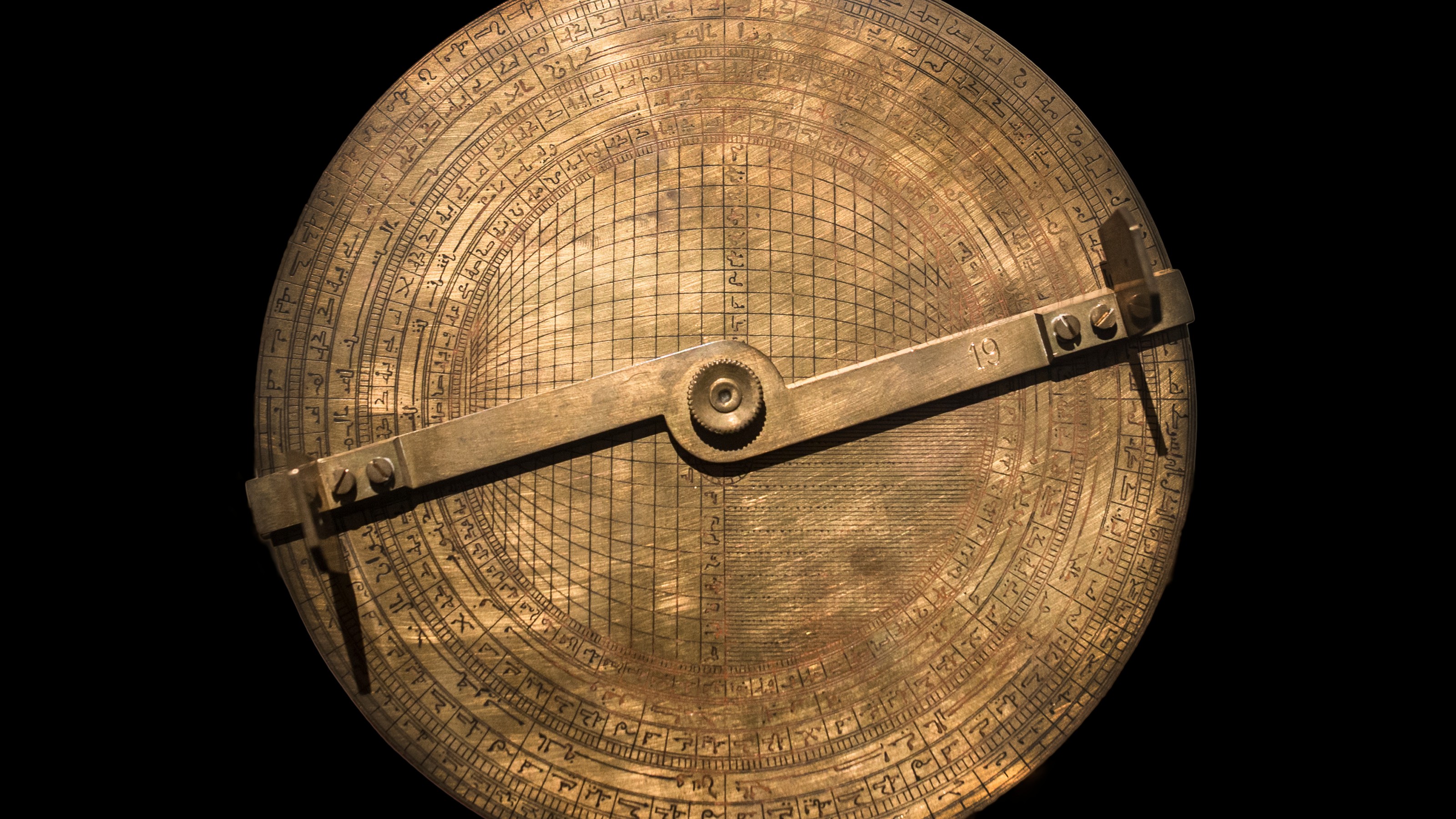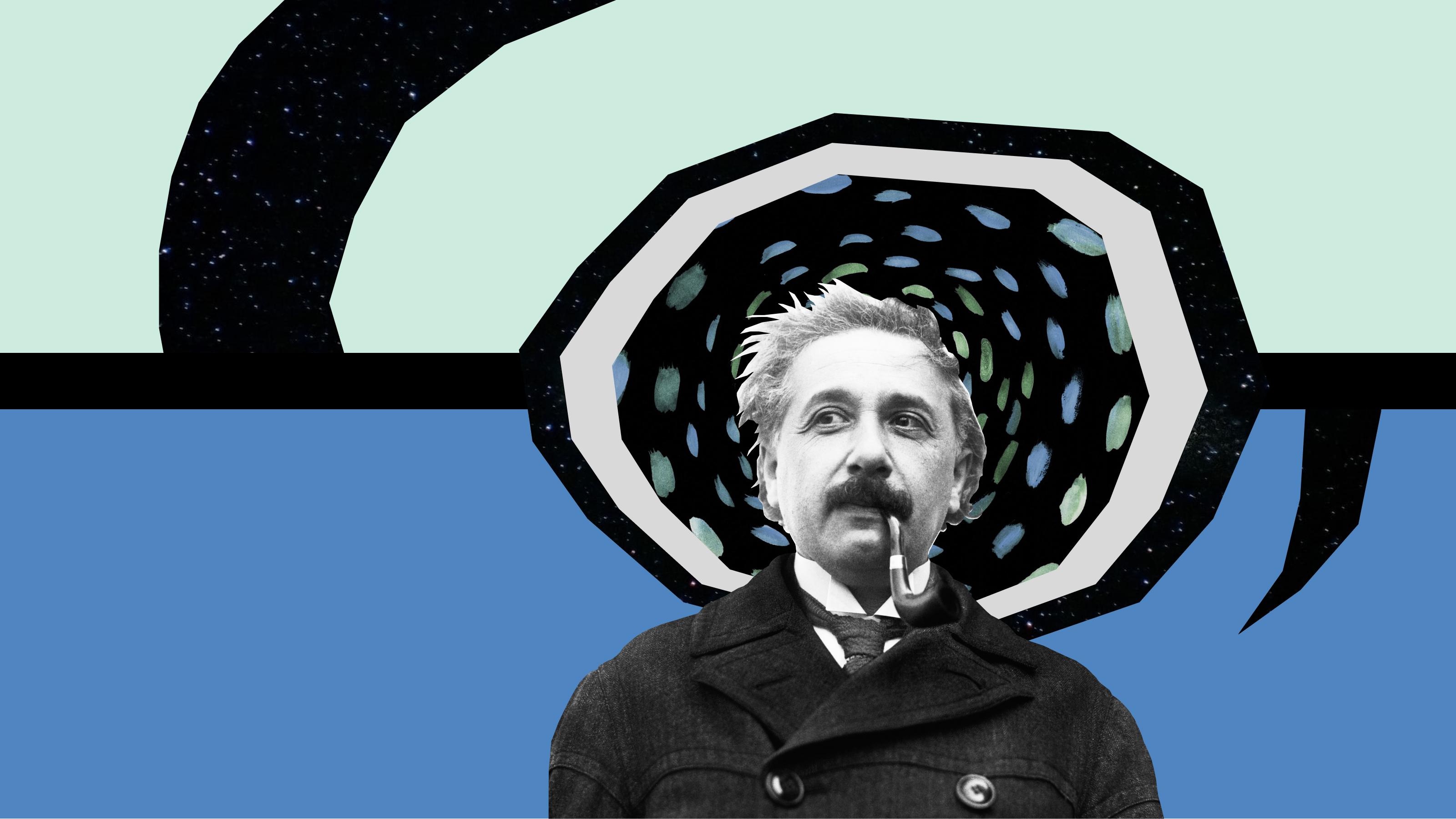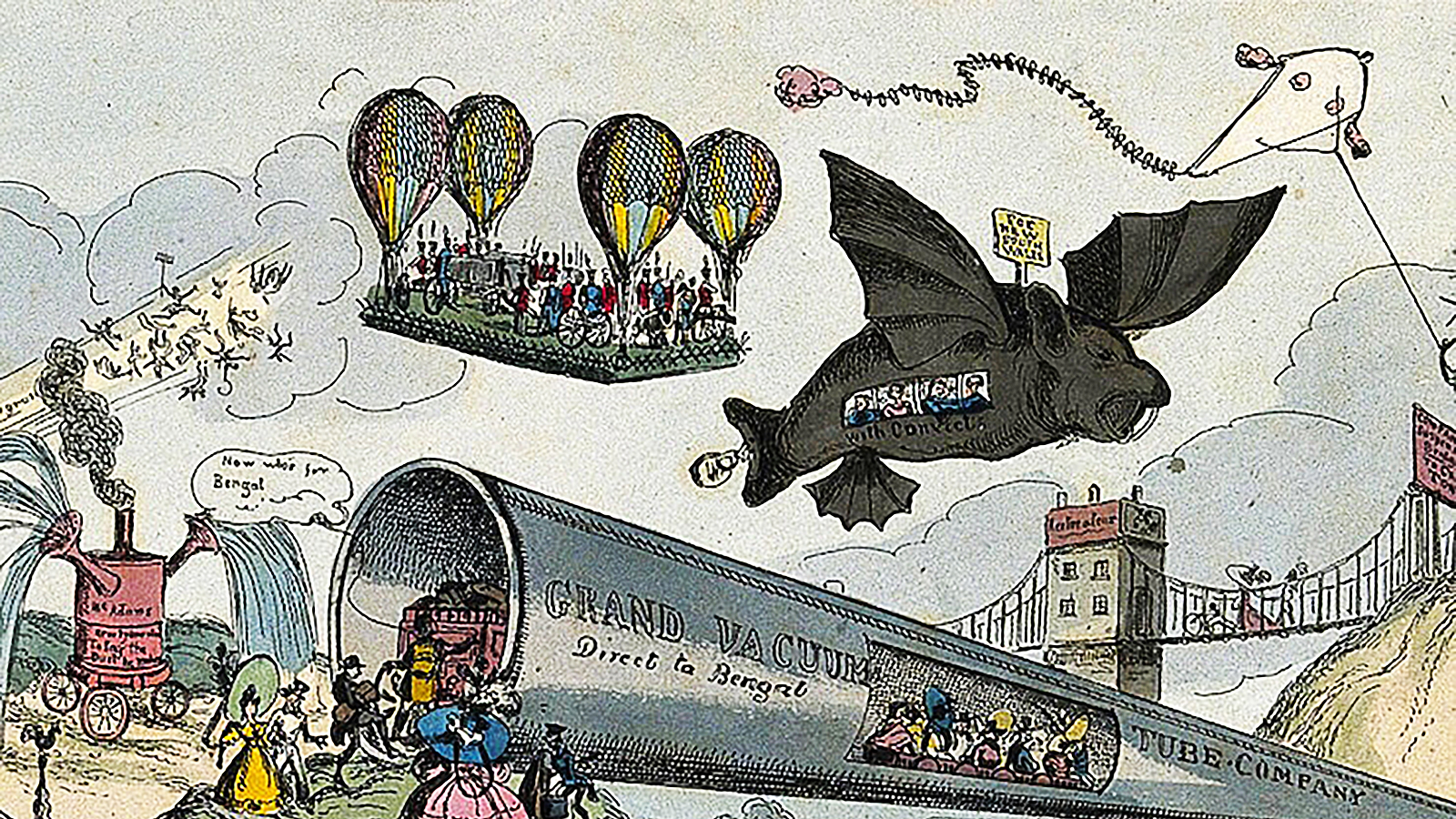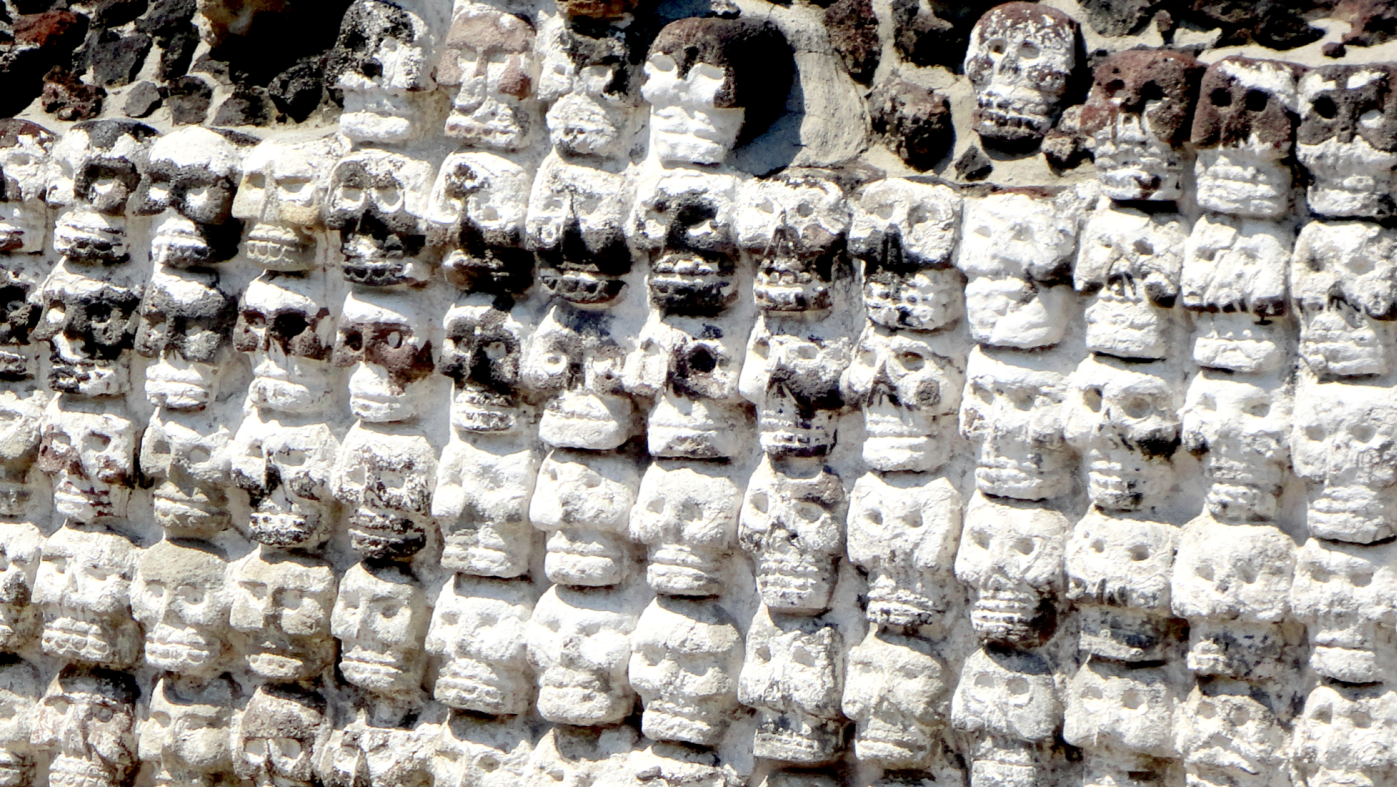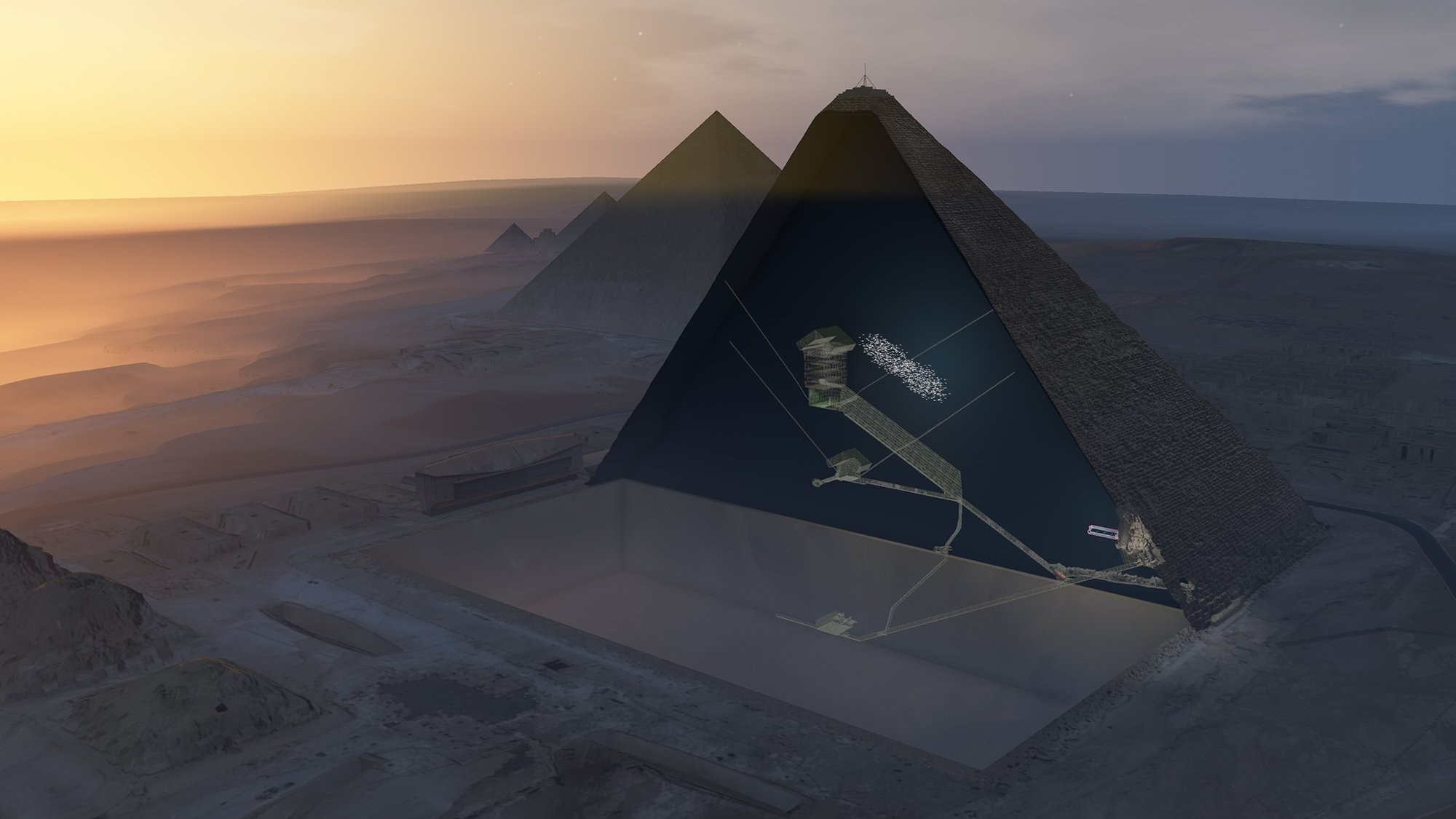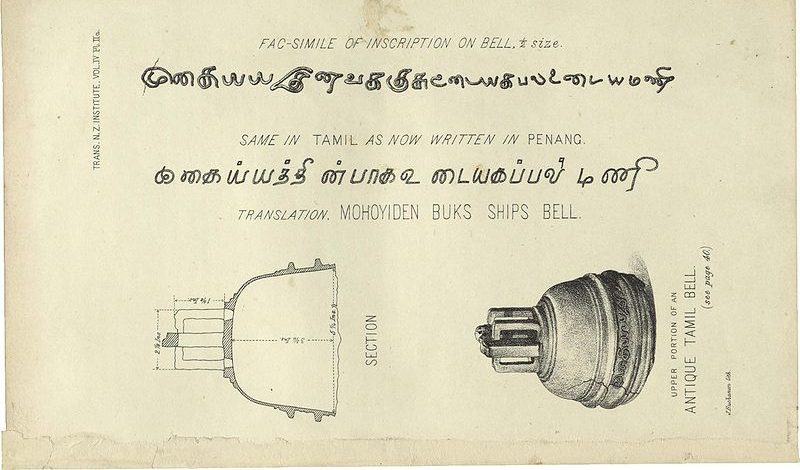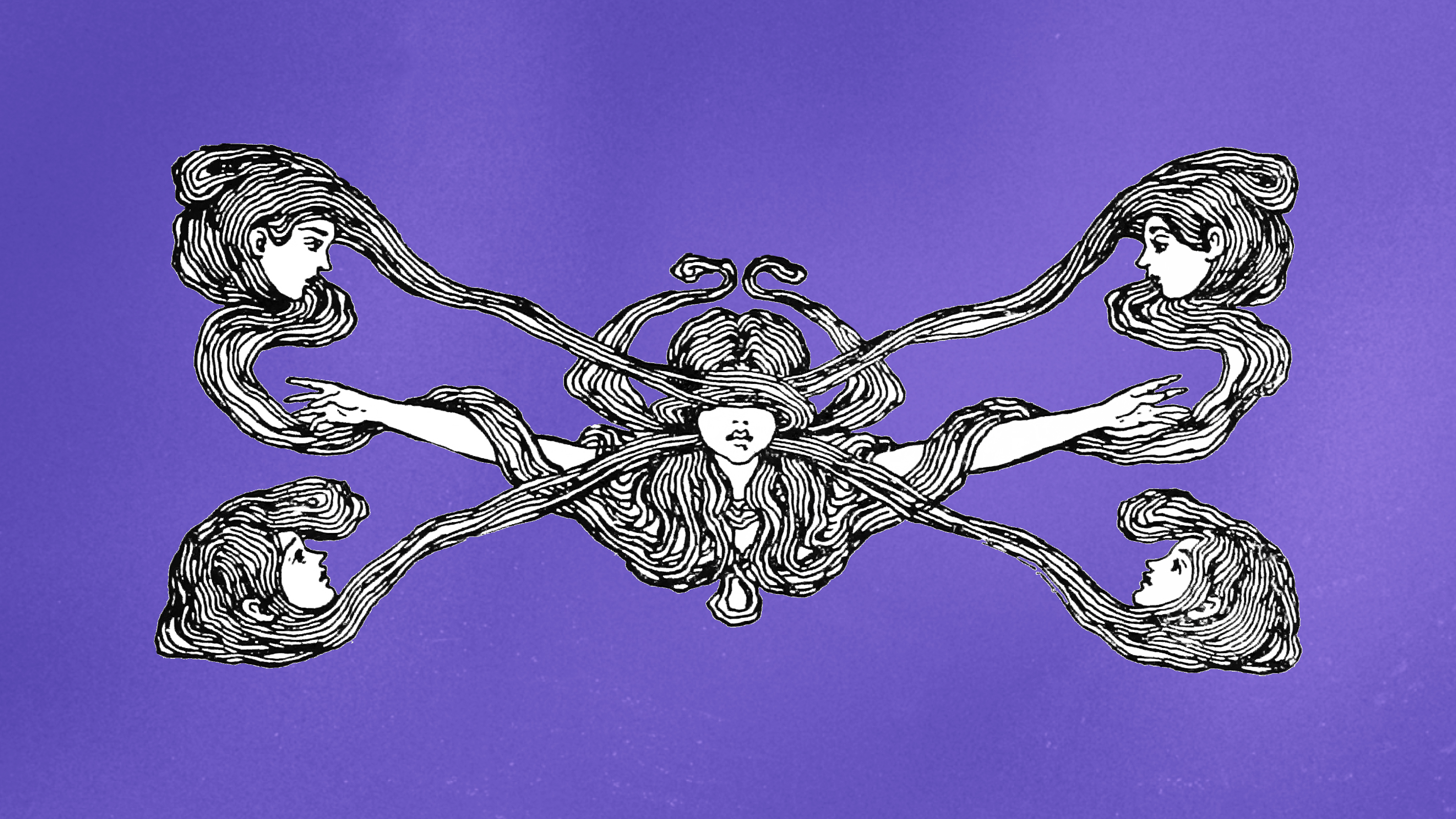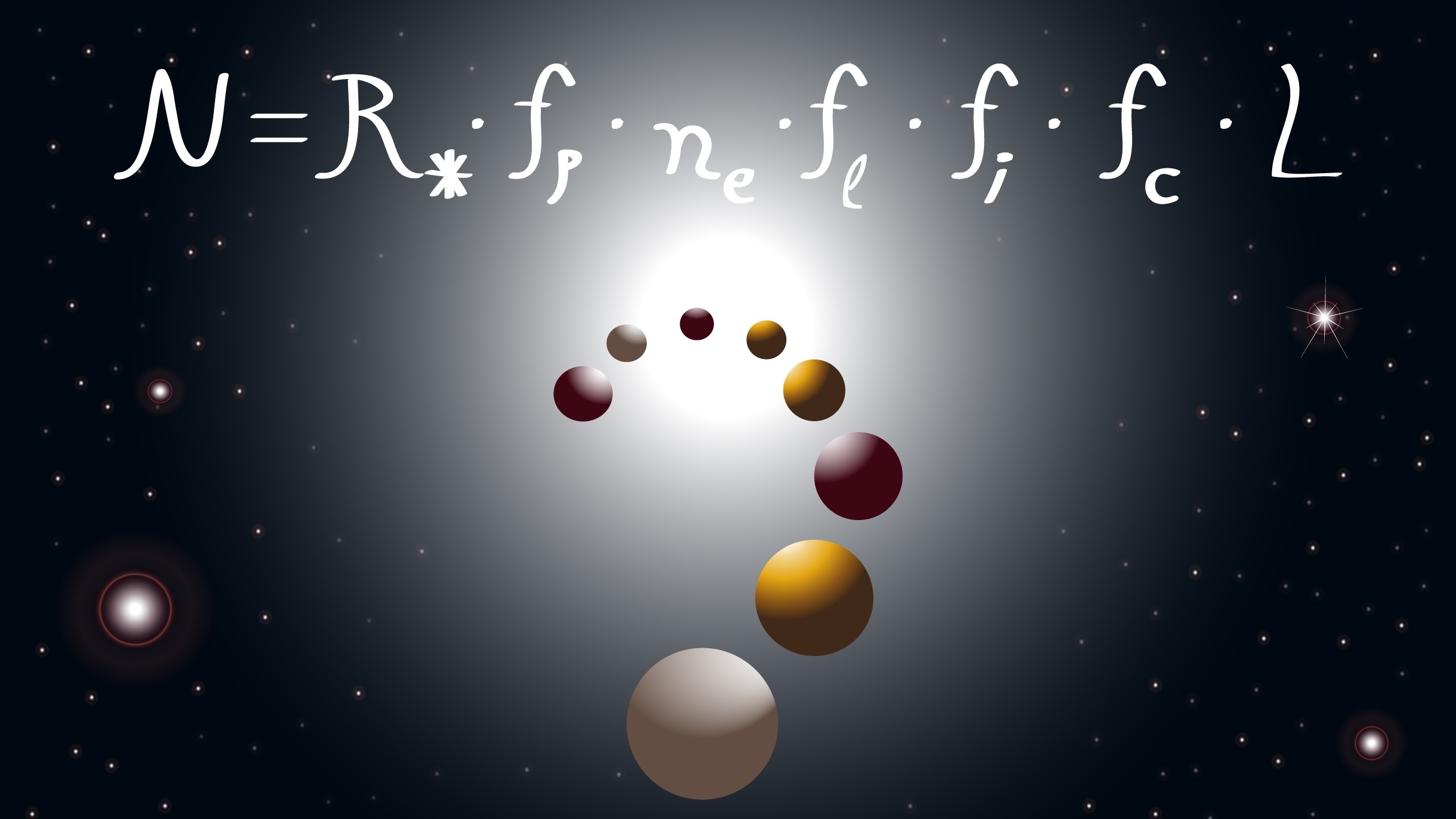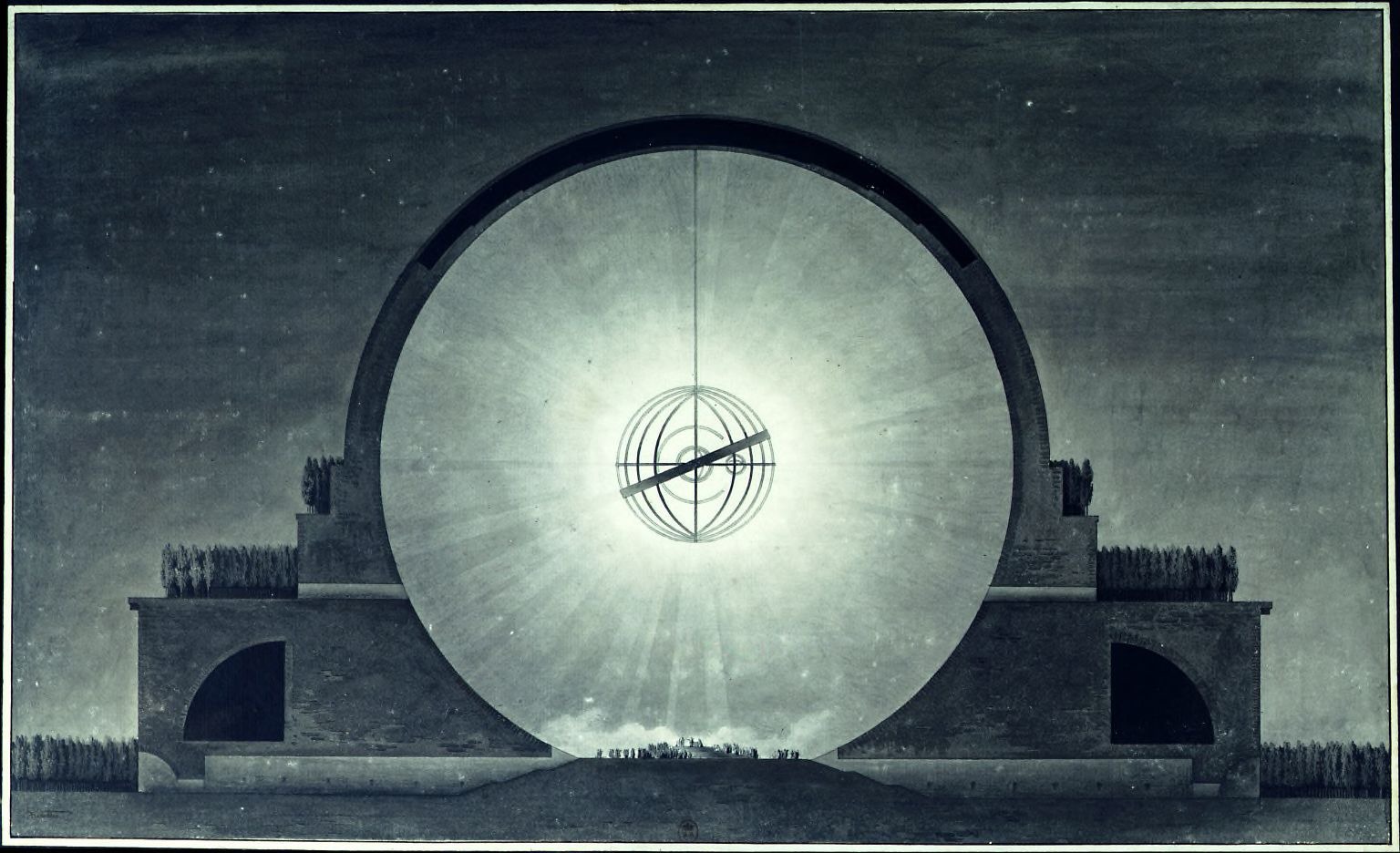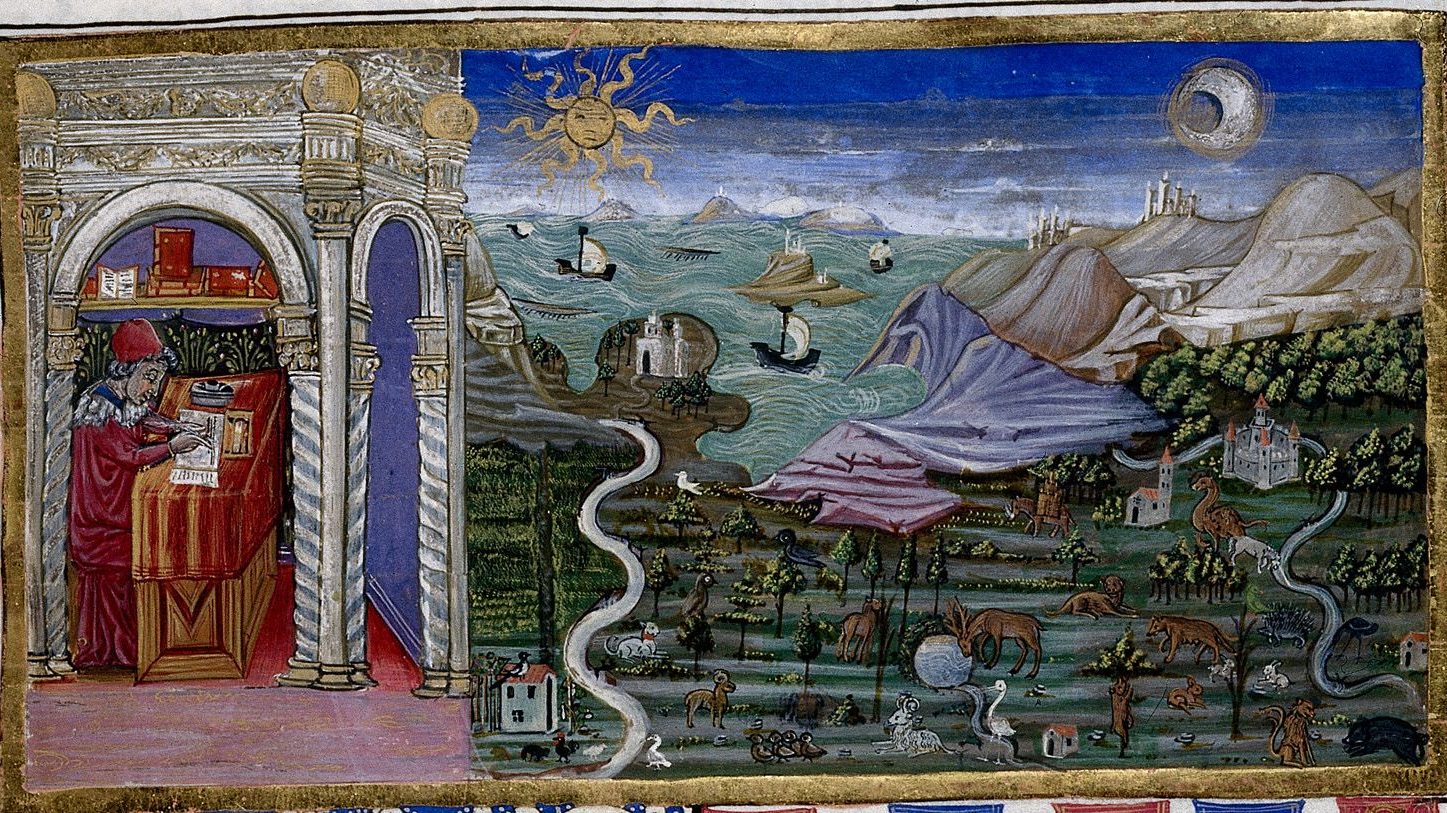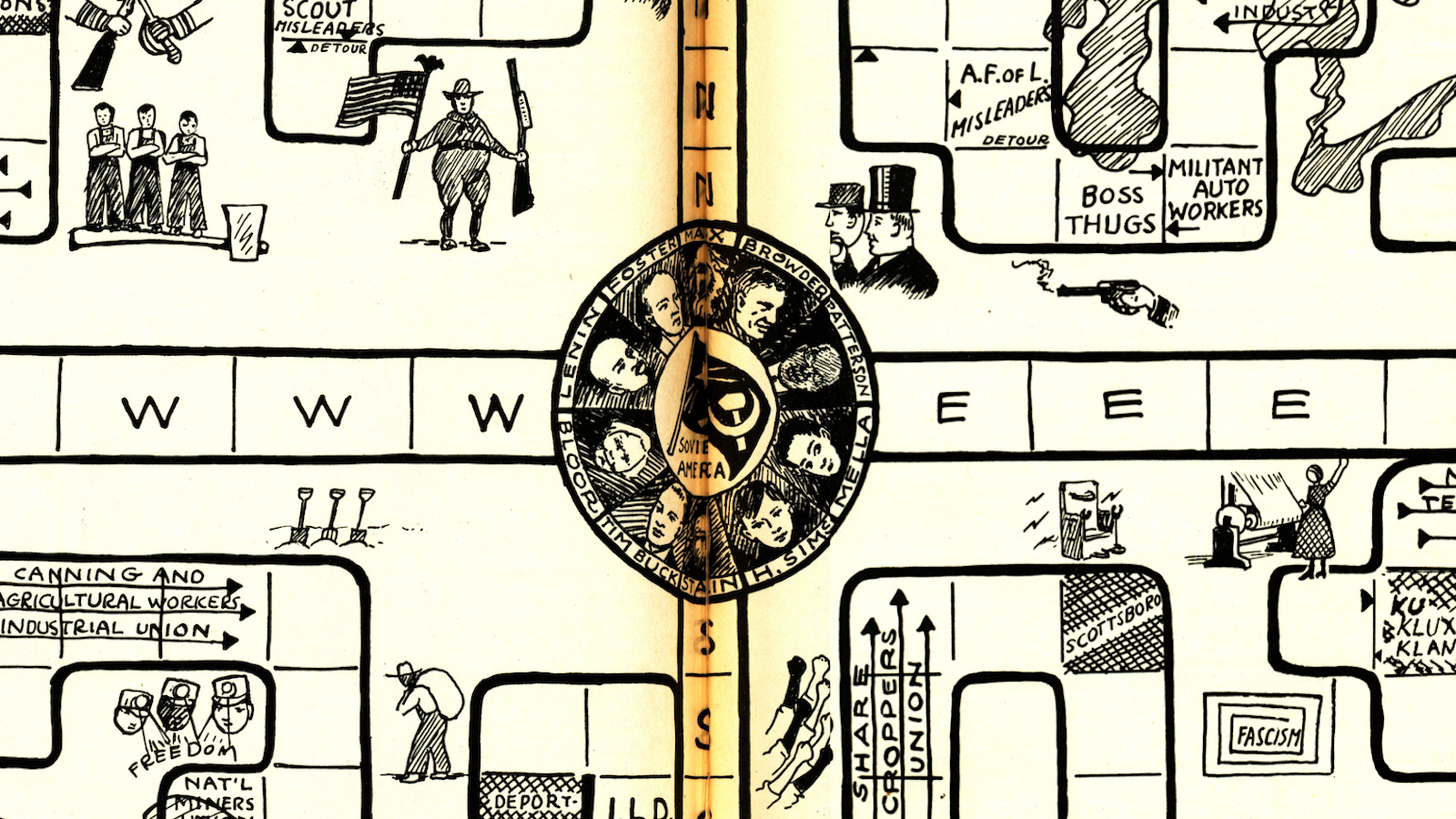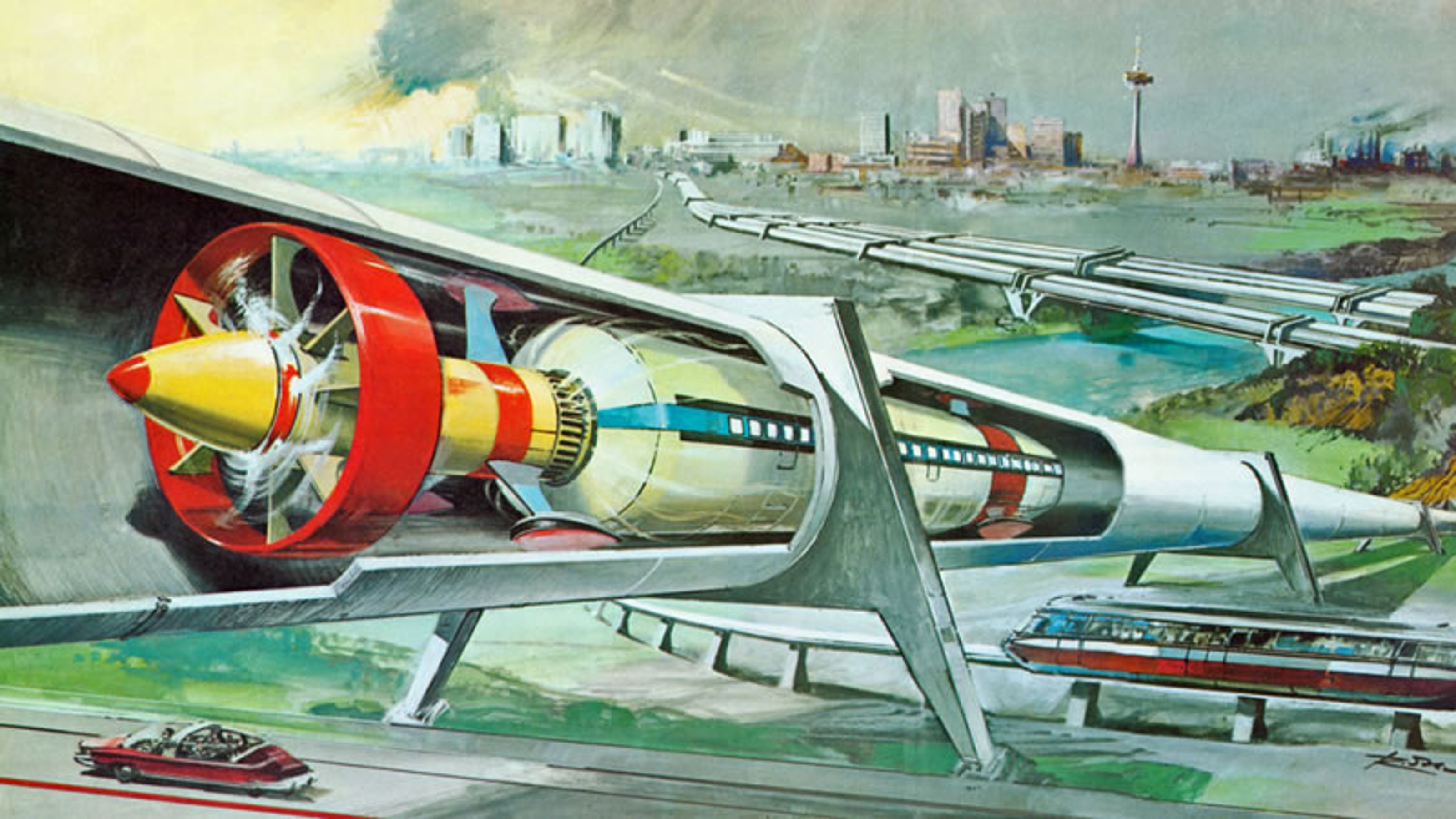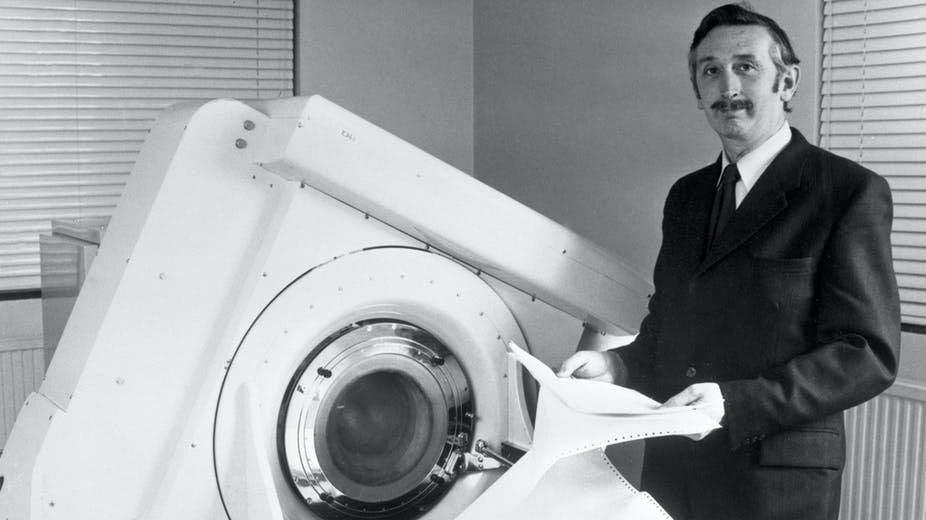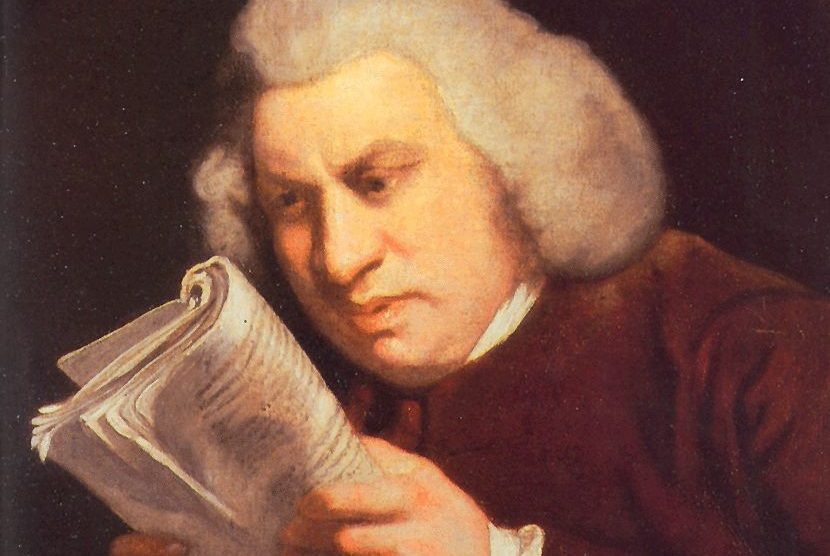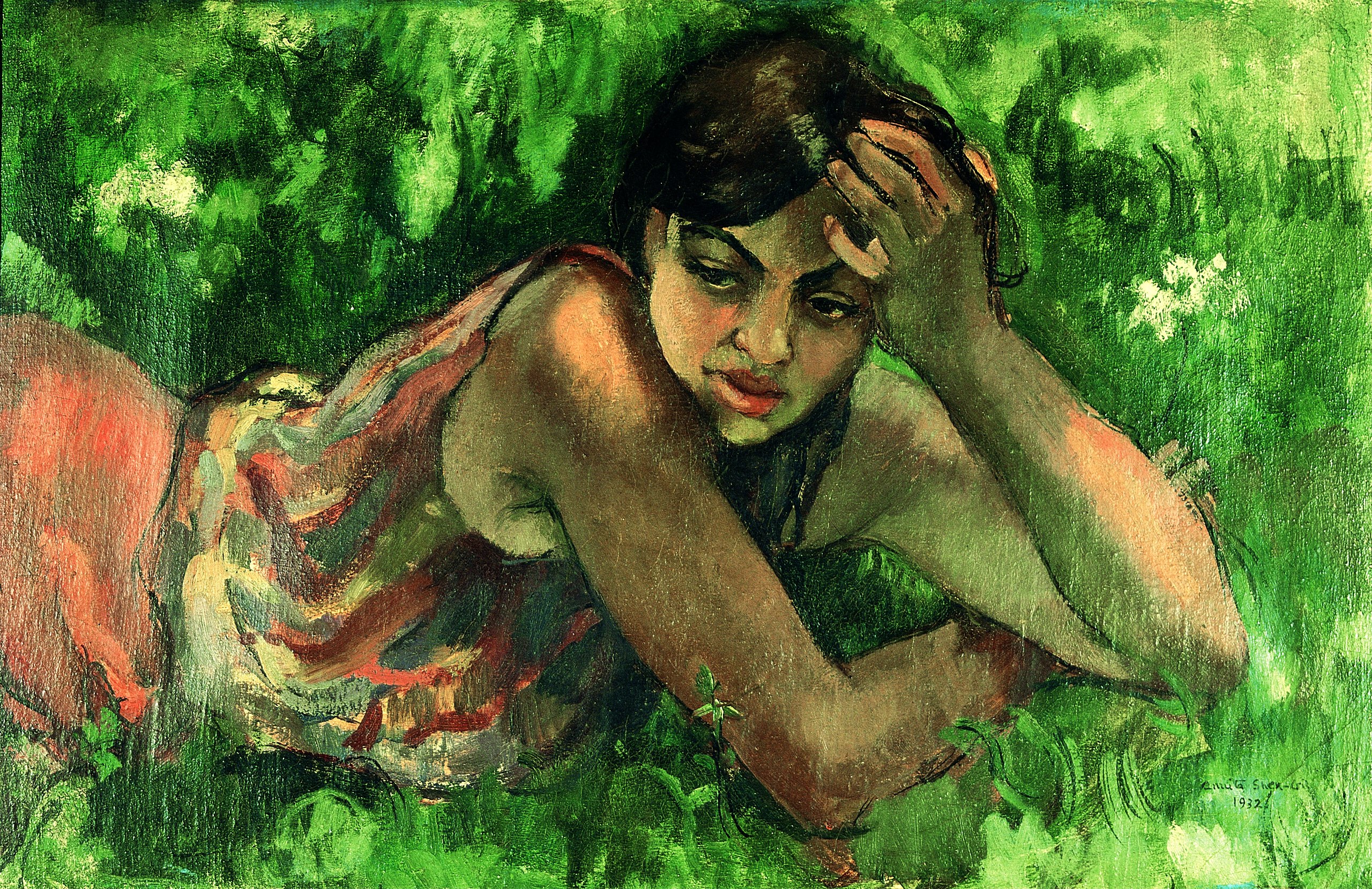history
It is easy to underestimate how much the world can change within a lifetime.
Humiliating powerful people was not a key to success.
Some classic books, like Mark Twain’s “The Adventures of Huckleberry Finn,” remain controversial to this day.
From landscaped gardens to road systems, the Persians were among the first to create many things we still enjoy today.
Instead of giving the 239 suffering families and the public a true story, Netflix exploited a horrifying tragedy to push conspiracy theories.
In all mammals, there are two brain pathways for processing information from the eyes: an evolutionarily ancient one and a more modern one.
Did fire change the development of the human brain?
“The Tao of the wise is to work without effort.”
Queen Calafia seems like she could have sprung from the pages of a modern fantasy novel.
About 1 in 5 adults now say they have no religious affiliation, up from 1 in 50 in 1960.
The 1,200-year-old “Book of Ingenious Devices” contains designs for futuristic inventions like gas masks, water fountains, and digging machines.
Not even Einstein immediately knew the power of the equations he gave us.
Jules Verne wrote about gasoline-powered vehicles, weapons of mass destruction, and global warming more than a century ago.
“Painfully forced” is how one contemporary critic described Fitzgerald’s writing style.
Archaeologists turn to other scientific fields to fill in the picture of how victims lived and why they died.
A non-invasive method for looking inside structures is solving mysteries about the ancient pyramid.
The strange bronze artifact perplexed scholars for more than a century, including how it traveled so far from home.
Deep underwater, temperatures are close to freezing and the pressure is 1,000 times higher than at sea level.
Democratic freedom, rapturous religion, and newspapers created a hotbed for social experimentation in 19th-century America.
The Fermi paradox (along with the subsequent Drake equation) is so difficult that even brilliant thinkers can make little dent in it.
Telegrams were the “Twitter of the 1850s and 1860s” — and they elicited the exact same overblown fears as Twitter does today.
From the Palace of the Soviets to The Illinois, these unmade buildings would have taken the art of architecture to whole new heights.
This year marks 2,000 years since the birth of the Roman author of the first natural encyclopedia.
In 1934, American Communists translated a Stalinist book about revolution into a children’s game. Curiously, it didn’t catch on.
“I am an anthropologist, and for years, I have spoken to people who have had these experiences.”
Skepticism is appropriate when gazing into the futurist’s crystal ball.
Godfrey Hounsfield’s early life did not suggest that he would accomplish much at all.
It is a story with nebulous beginnings and no discernible end.
Art criticism is inherently subjective. Still, many critics have tried to make a case for why some of the world’s most celebrated books are in fact terribly written.
In the West, discussions of 20th-century painting are dominated by Warhol and Picasso, but trendsetting artists are found everywhere.

